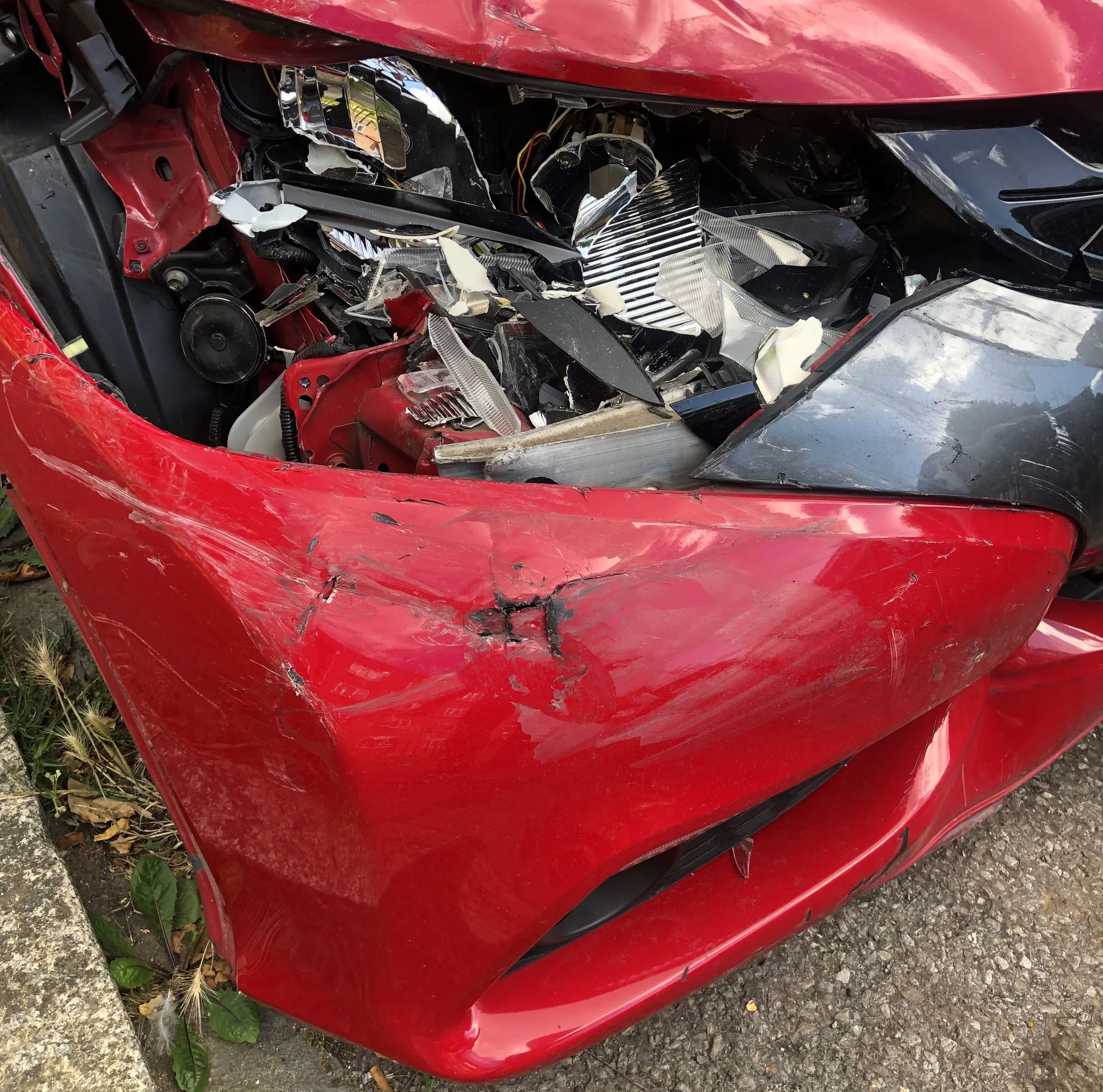Official data from Poland shows a continued improvement in road safety. The data reveals that there were 5% fewer accidents, almost 8% fewer fatalities, a 5% decrease in injuries and a 5% reduction in drink-drivers. The information was made available recently through Pan-European police body TISPOL. According to TISPOL, the statistics confirm that police action can be effective in reducing vehicle crashes. Comparing the data for 2013 with statistics for 2012 and 2011 reveals a notable drop in road crashes,
January 16, 2014
Read time: 2 mins
Official data from Poland shows a continued improvement in road safety. The data reveals that there were 5% fewer accidents, almost 8% fewer fatalities, a 5% decrease in injuries and a 5% reduction in drink-drivers. The information was made available recently through Pan-European police body 4753 TISPOL. According to TISPOL, the statistics confirm that police action can be effective in reducing vehicle crashes. Comparing the data for 2013 with statistics for 2012 and 2011 reveals a notable drop in road crashes, injuries and fatalities. In 2013 there were 35,385 traffic crashes reported, 1,681 fewer than in 2012 when there were 37,046 while in 2011 there were 40,065 incidents. In 2013 the number of road deaths in Poland dropped to 3,291, some 280 fewer than in 2012. The number of injuries fell to 43,471, some 2,321 fewer than in 2012. Referring back to 1991, there were more than 54,000 traffic crashes reported, in which almost 8,000 people died. The data shows that police action directed toward the improvement of road safety are proving effective.
Removing drink-drivers from the road is one of the most important priorities amongst police operations to boost road safety. During last four years the number of controlled drivers increased four-fold; in 2013 there were 8,879,522 breath tests carried out. During 2013, police officers stopped 162,090 drivers over the alcohol limit. In 2011 this figure was 183,488, and in 2012 it was 171,020 drivers.
The Chief of Polish Police also took the decision to increase the number of traffic police officers so that they would comprise 10% of all police numbers. The next step is to fill the vacancies, which in turn increases the number of traffic officers to 9,100, the highest ever number of traffic officers on Polish roads. Polish road safety has also been aided by the introduction of new equipment such as unmarked vehicles with video recorders.
Removing drink-drivers from the road is one of the most important priorities amongst police operations to boost road safety. During last four years the number of controlled drivers increased four-fold; in 2013 there were 8,879,522 breath tests carried out. During 2013, police officers stopped 162,090 drivers over the alcohol limit. In 2011 this figure was 183,488, and in 2012 it was 171,020 drivers.
The Chief of Polish Police also took the decision to increase the number of traffic police officers so that they would comprise 10% of all police numbers. The next step is to fill the vacancies, which in turn increases the number of traffic officers to 9,100, the highest ever number of traffic officers on Polish roads. Polish road safety has also been aided by the introduction of new equipment such as unmarked vehicles with video recorders.






